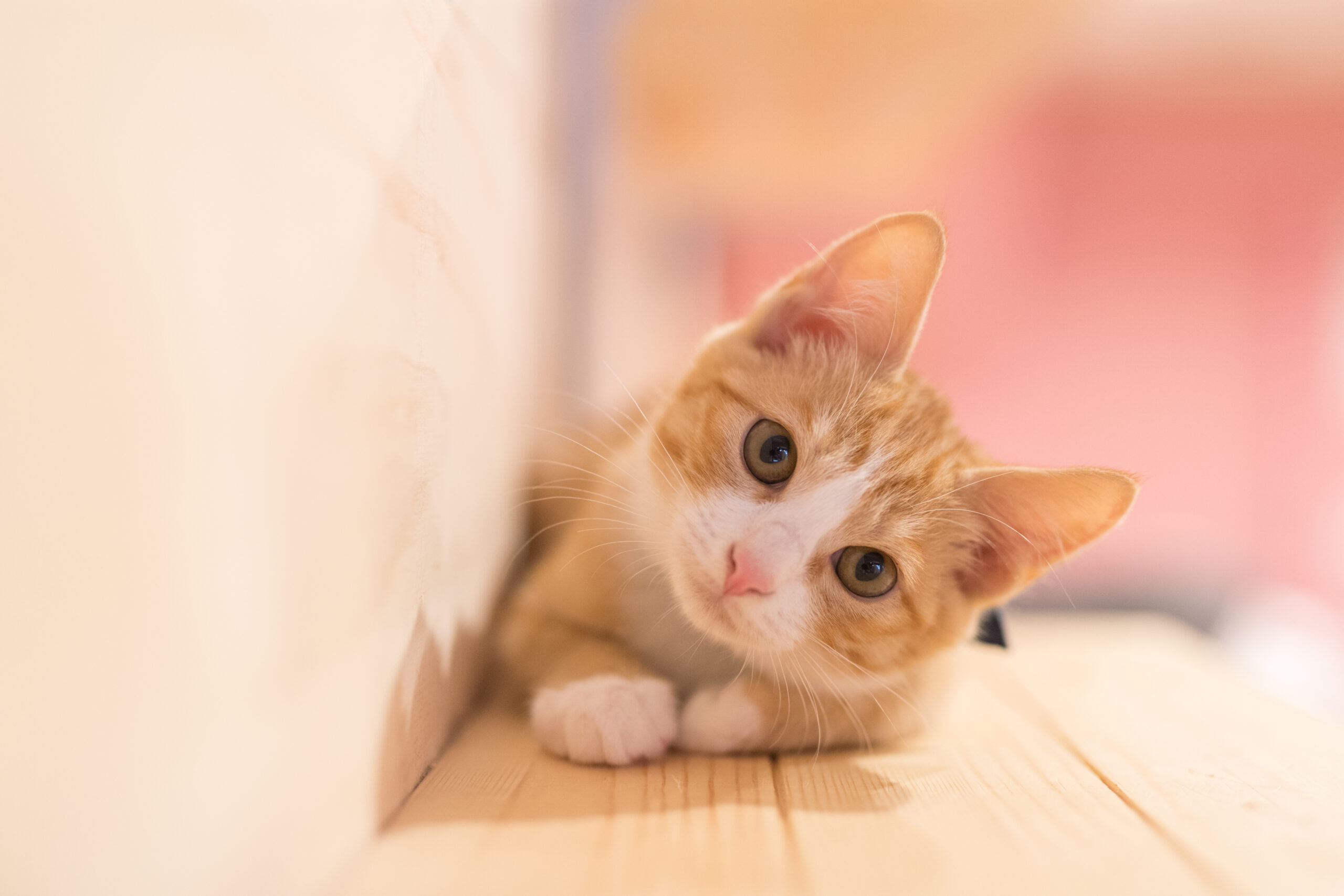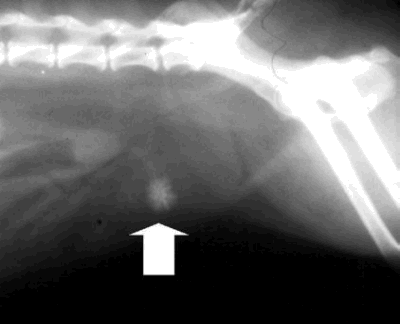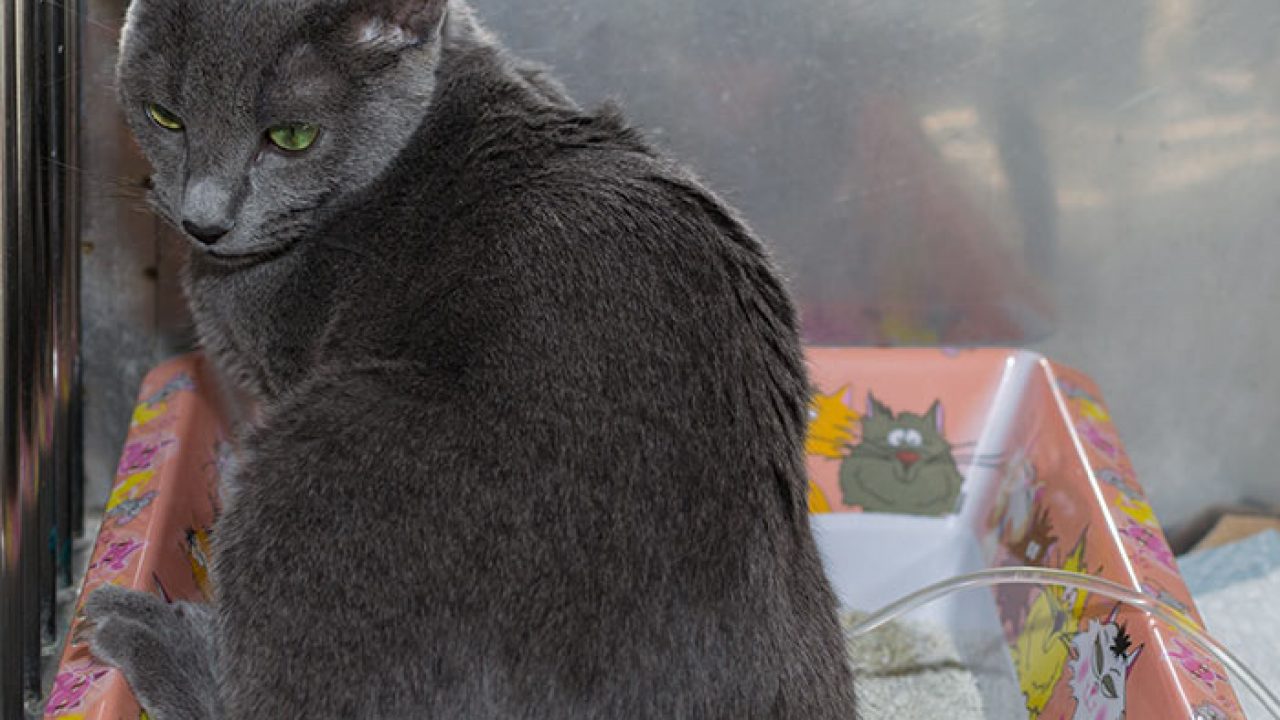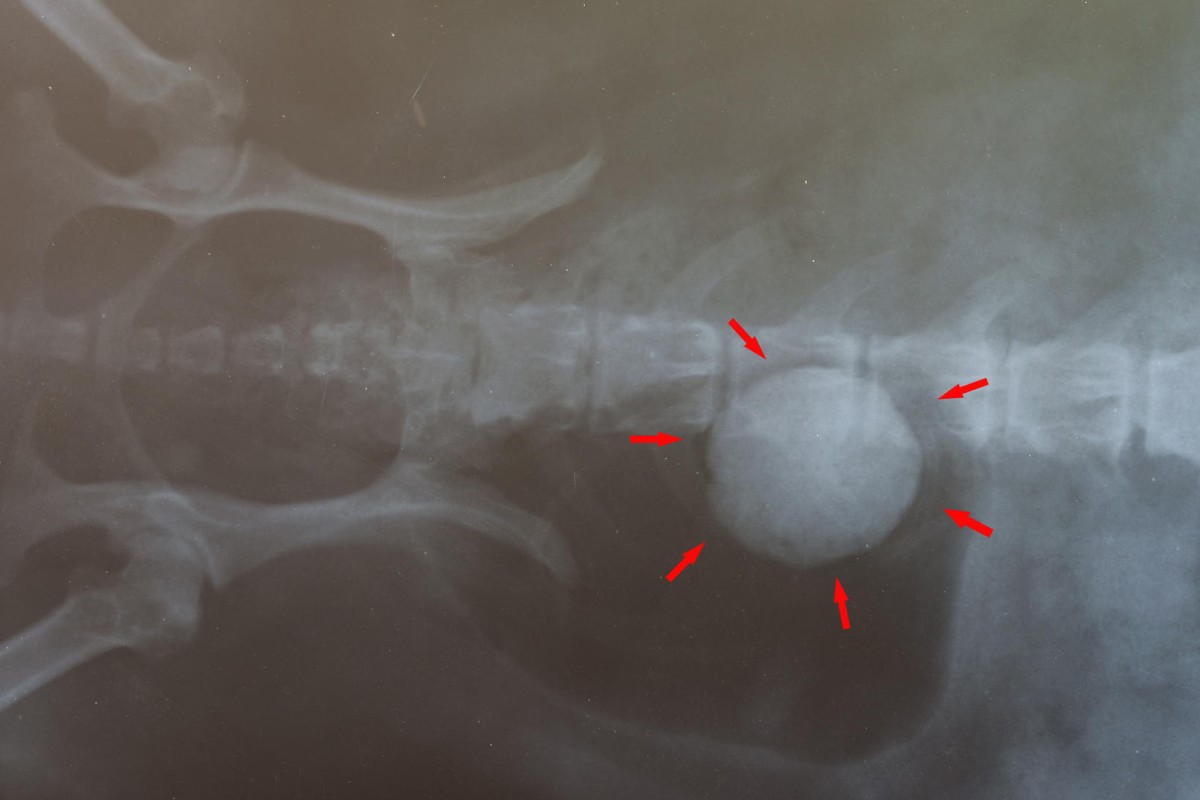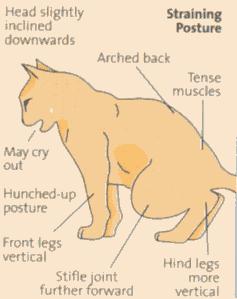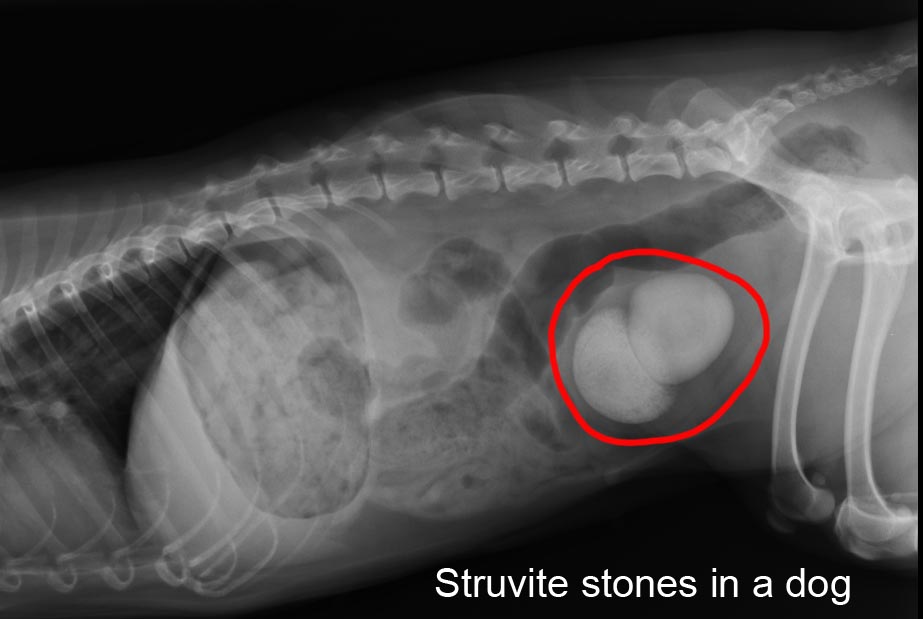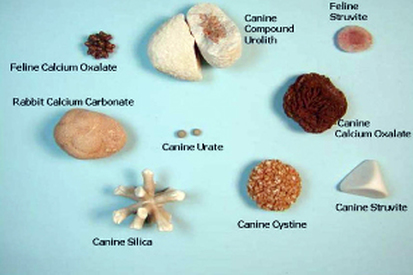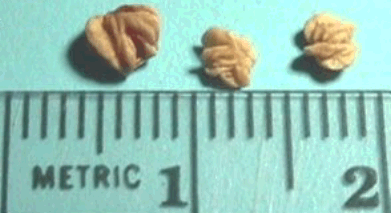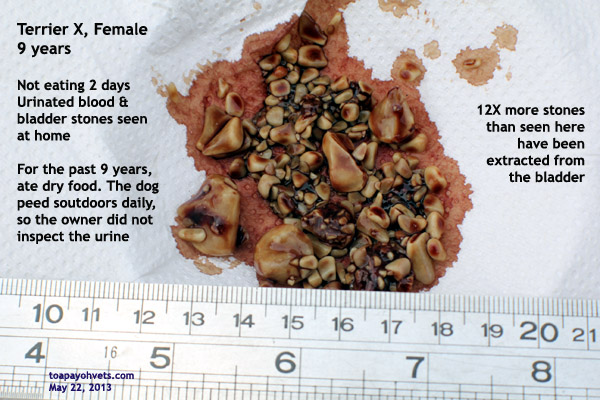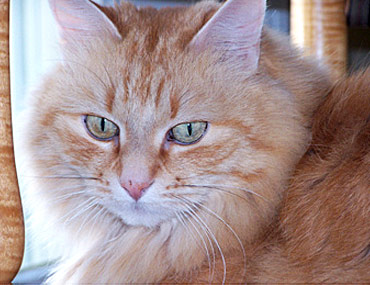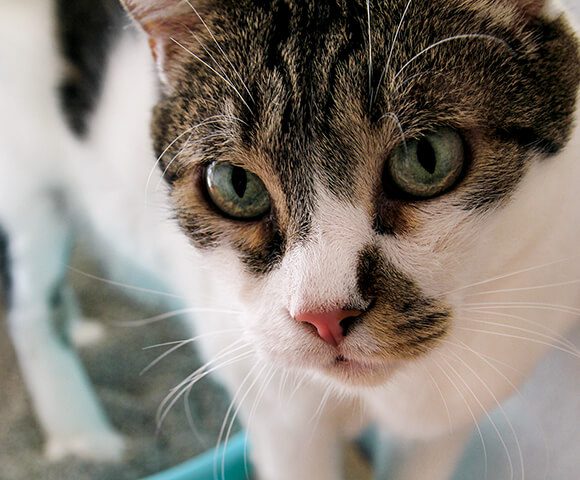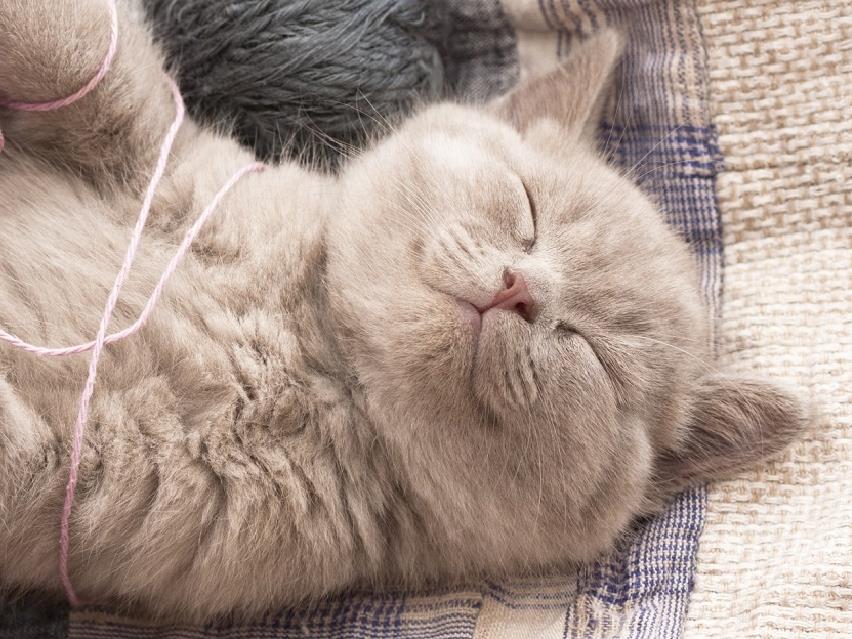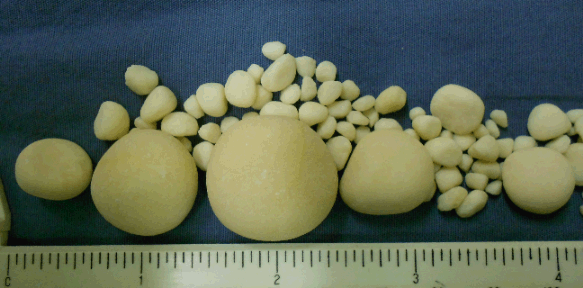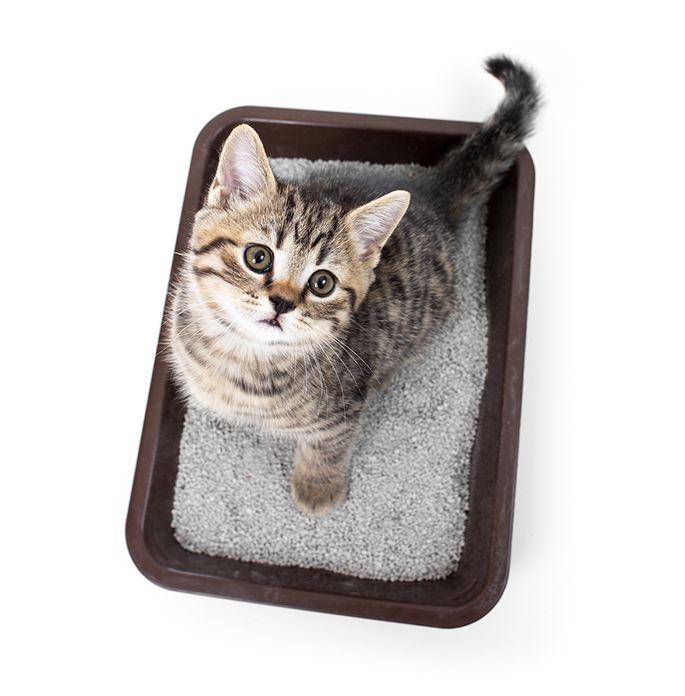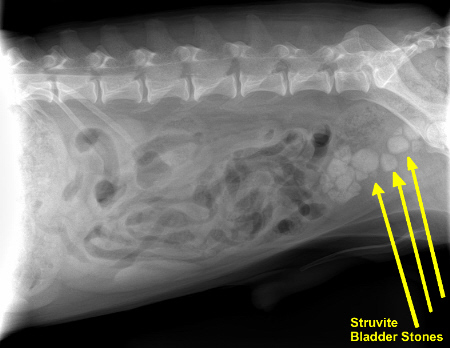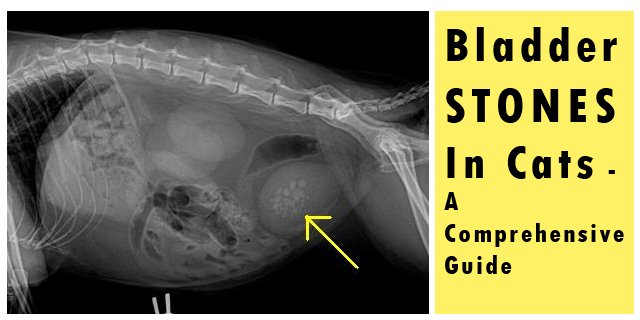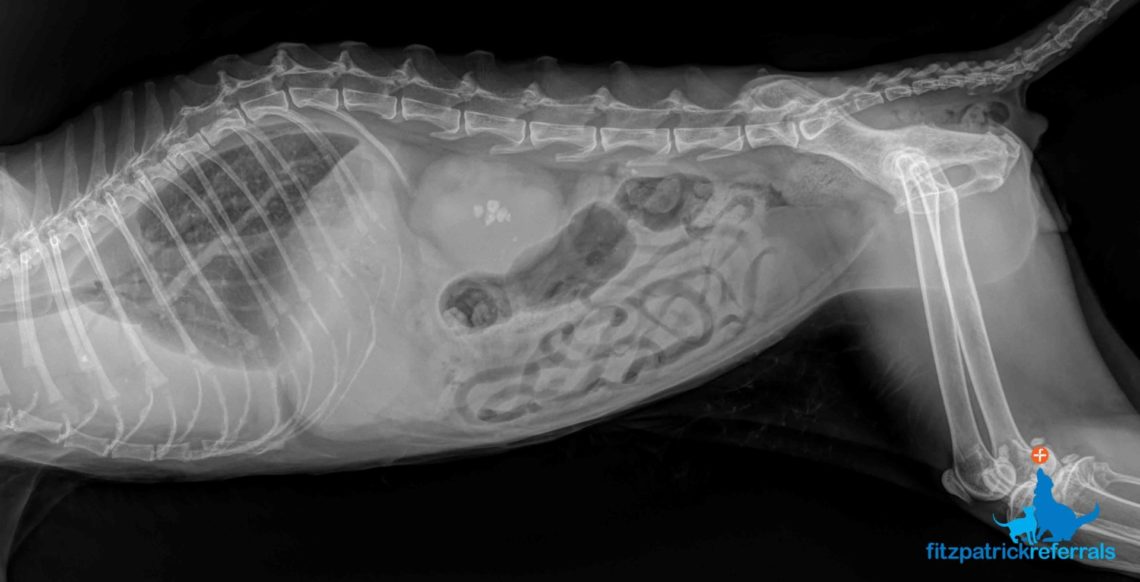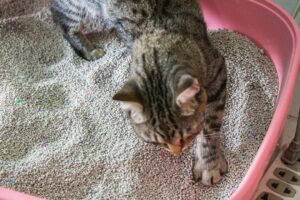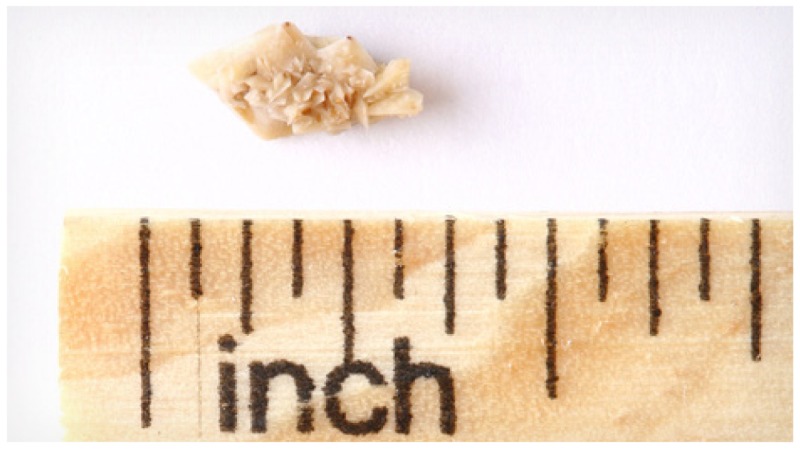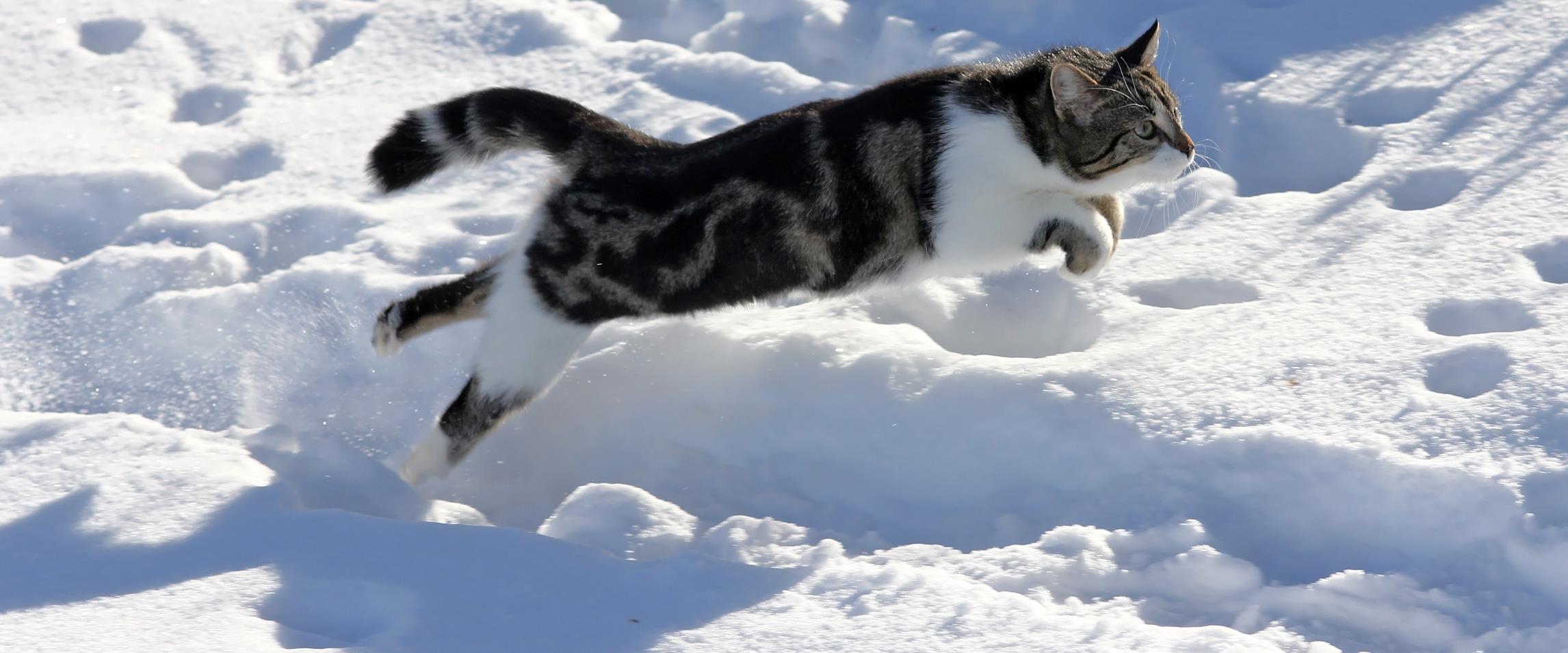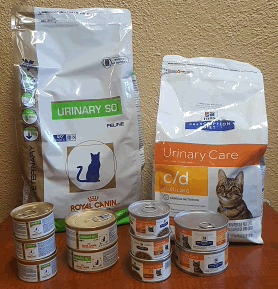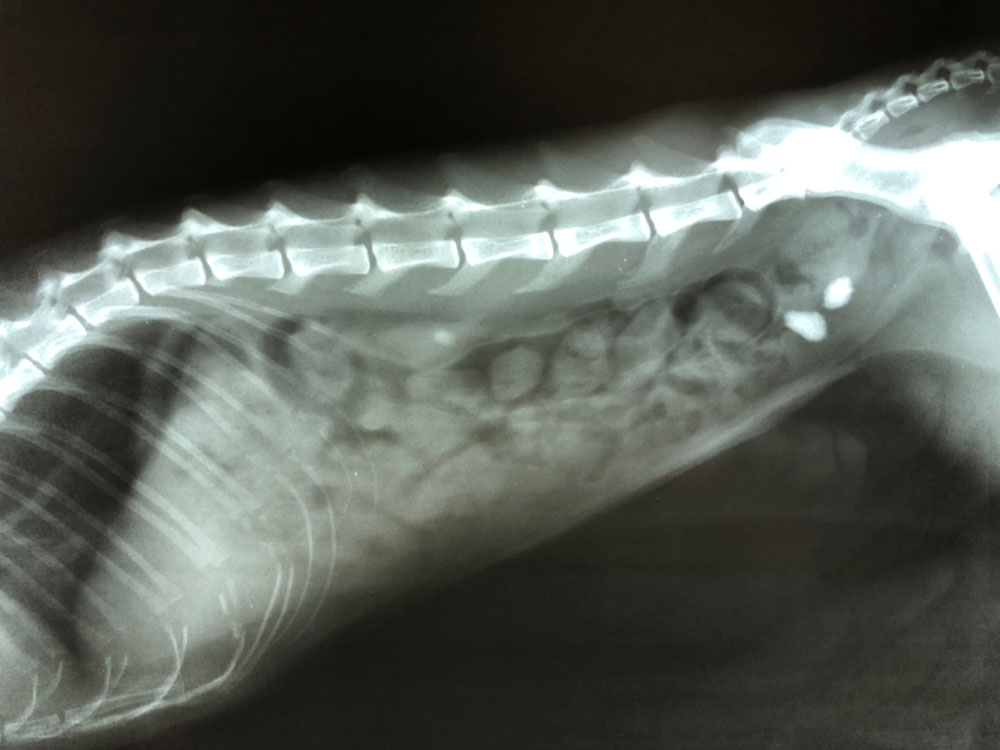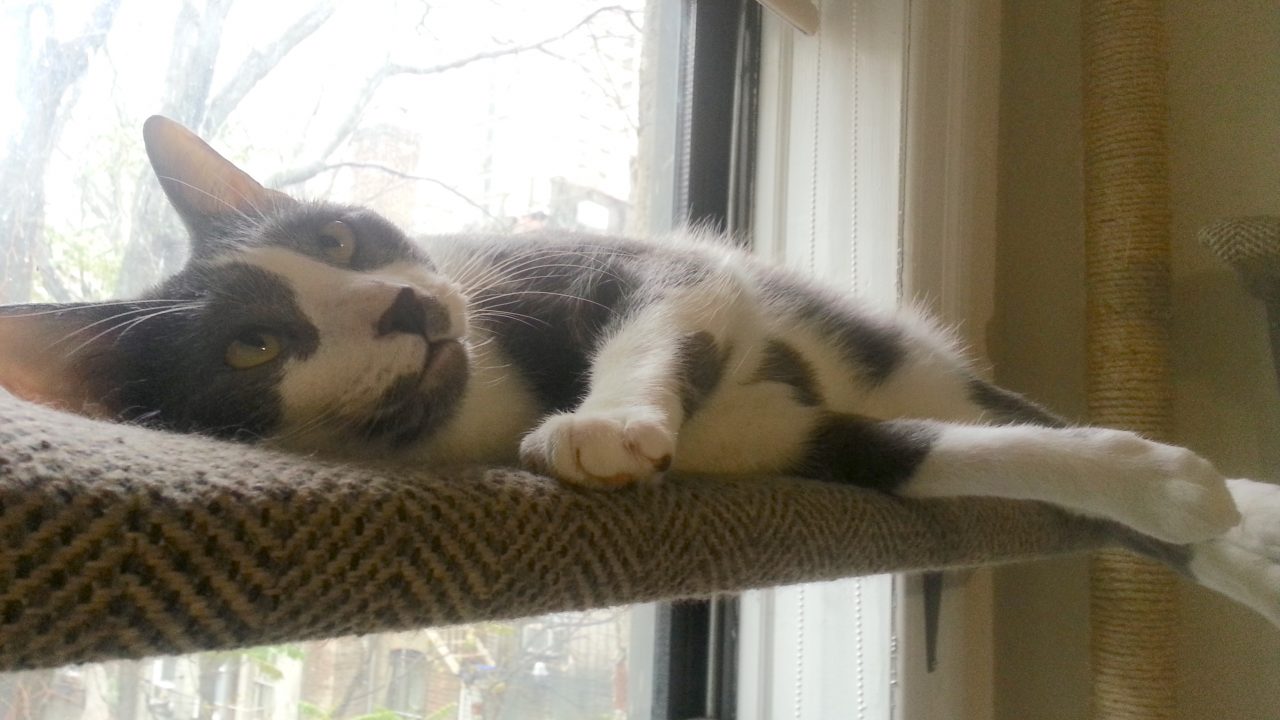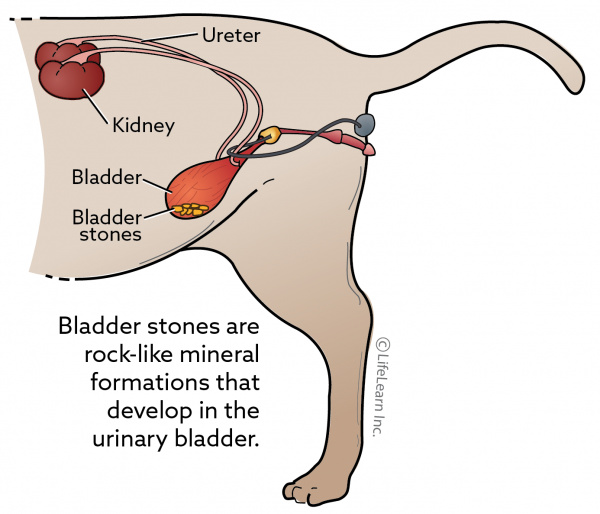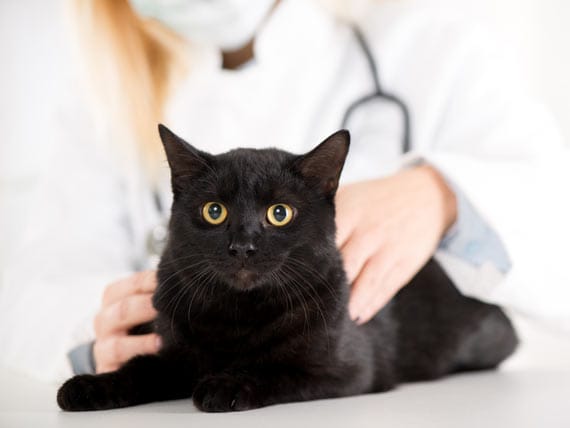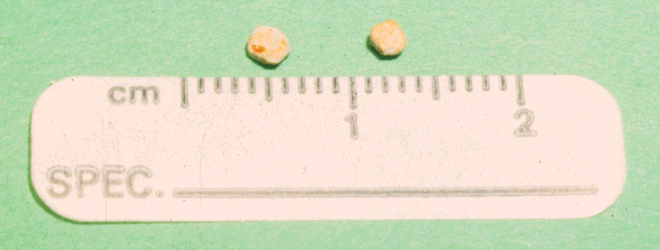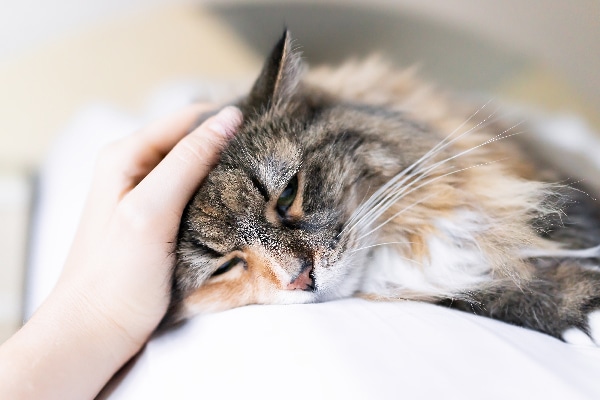Passed Bladder Stones In Cats
The specific symptoms depend on the nature of the bladder stones.

Passed bladder stones in cats. Blood in the urine hematuria painful urination. Blood in the urine called hematuria and straining to urinate called dysuria bleeding happens because the stones rub against the bladder wall irritating and damaging the tissues. The most common symptoms of bladder stones in the cat are hematuria blood in the urine and dysuria straining to urinate. Often they will strain while urinating holding their body in the urinating posture for much longer than normal.
Which may be characterized by difficult urination blood in the urine and reduced volumes of urine passed. But other factors can cause bladder stones in any breed. Chronic urinary tract infections. Common signs that may indicate bladder stones are.
Calcium oxalate stones are the most common type of bladder stones found in cats. Some cats with bladder stones may show no signs at all. Certain cat breeds such as himalayans have a genetic predisposition toward developing mineral deposits in the bladder. A diet high in acidity or calcium magnesium or phosphorus may cause mineral buildup.
Cats with bladder stones develop feline lower urinary tract disease flutd.



